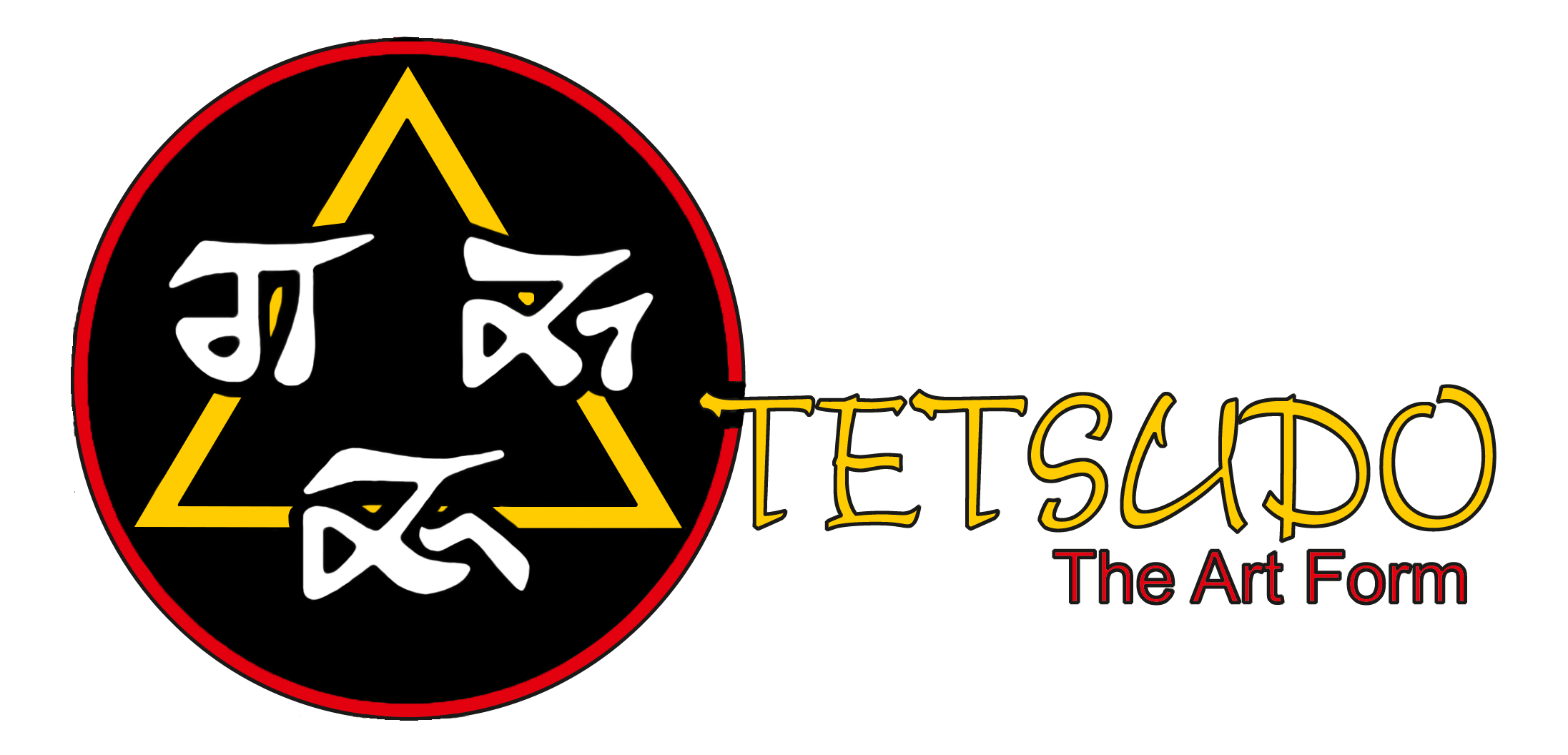In Tetsudo the concept of “Self-Control” is quite different from the normal meaning. It is normally used to be synonymous with “Self-Restraint”, and “Self-Limitation”.
In Tetsudo it means quite the opposite to be synonymous with “Self-Expansion”, “Liberation”, and Self-Extension”, but all of these under the full control of the individual.
A person lacking in self-control, may be angry, aggressive, and violent, where there is no need, and be passive, or hesitant, where they need to react quickly, with resistance, and strength.
Self-control is the ability to act appropriately in every situation, and to react at the optimum level to every challenge or threat.
The Tetsudo philosophical framework is based on the premise of self-control. It states that only by the achievement of a state of self-control, are we able to be wise, and exercise sound judgement in our choice of ends and means: that is what we do in life, and how we go about the process of doing it.
It is important to understand that self-control does not necessarily mean restraint. Self-control is the pivotal quality which leads to a state of wisdom. This is because life is a dynamic process, in which we constantly and continuously participating and continuing with the environment. The ability to participate and exchange in this this dynamic process in a balanced, harmonious and rational manner, that is to say, wisely, is a product of self-control.
Our participation and exchange with the environment is essentially a function of three qualities –
- Our awareness
- Our versatility
- Our responsiveness
“Self-control is a major and vital ingredient in increasing the efficiency of these qualities.”
– Master B.S. Dhaliwal
